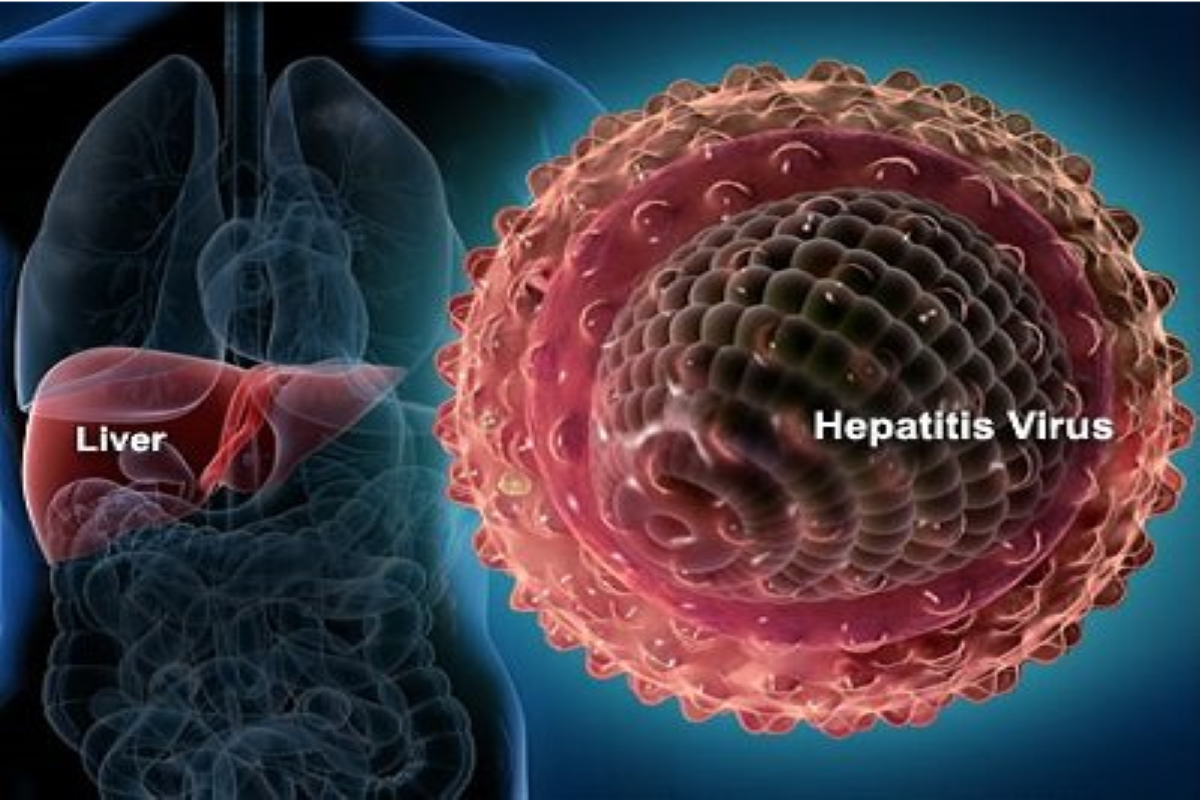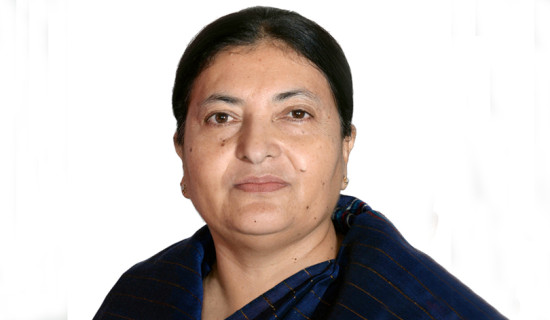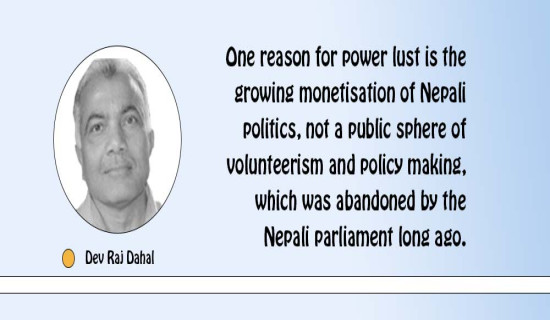- Saturday, 9 August 2025
World Hepatitis Day
'Simple measures can save from chronic Hepatitis'
By Mahima Devkota,
Kathmandu, July 28: Medical doctors have said that a little effort in ensuring
the quality of blood and blood products and practicing safe sexual life can
save from life-threatening Hepatitis B and Hepatitis C viruses that cause liver
diseases.
There are five viruses which are Hepatitis A, B, C
D and E responsible for liver disease. All these viruses are associated with
mortality and mobility worldwide and are termed 'endemic' by World Health
Organization (WHO). Hepatitis B and C
are listed as chronic and Hepatitis A and B show mild symptoms. Hepatitis D
alone cannot happen on its own as it is associated with either B or C.
Dr. Ram Hari Chapagain, a senior consultant at the Kanti
Children's Hospital, said that Hepatitis B and Hepatitis C are considered to be
fatal and cause chronic diseases which are costly for treatment. Hepatitis B
and C are caused by blood and blood products, sexual intercourse as well as organ transplants.
He said, "68 percent of Hepatitis B is caused by
needle pricks. Therefore, there is a need to be cautious in blood transfusion
as well as organ transplants. The majority of expecting mothers with this virus are
found transmitting the virus to their newborn."
Chronic hepatitis B or C is one of the leading causes
of liver failure, liver cancer, or cirrhosis.
Abdominal pain, dark urine, fever, joint pain, loss of appetite, nausea and vomiting, weakness and fatigue, and jaundice are some of the symptoms of Hepatitis B.
In order to contain this disease, the government of Nepal
has provided a free vaccine against Hepatitis B.
Saying that there is a tendency to avoid certain
foods, and visiting homeopathy in Nepal, after observing yellow skin, 'Pahelo
rog', the doctor said, mild jaundice, a byproduct of hepatitis, can be
treated by self-limiting. Maintaining a balance of food such as intake of oily,
spicy, junk while taking lots of fluids, fruits, and water work wonders in
recovery from mild jaundice triggered by Hepatitis.
Dr. Yuba Nidhi Basaula, director of the Kanti
Children's Hospital, said that Hepatitis C is an inflammation of the liver caused
by the Hepatitis C virus. It is usually a silent infection for many years until
the virus damages the liver enough to cause the signs and symptoms of liver
disease.
The virus can cause both acute and chronic Hepatitis,
ranging in severity from a mild illness to a serious, lifelong illness including
liver cirrhosis and cancer. Symptoms such as bruising and bleeding, fatigue,
poor appetite, jaundice, dark-colored urine, and itchy skin can be observed in
patients with Hepatitis C.
In 2019 alone, an estimated 78,000 deaths occurred
worldwide due to complications of acute Hepatitis A to E infections, as per the
report of World Health Organizations.
As per the research, Hepatitis viruses in Kathmandu,
Nepal: hospital-based study, most of the Hepatitis A virus (HAV) and Hepatitis
E virus (HEV) cases are self-limiting and clinically undetectable whereas
70–80% of people who are acutely infected with Hepatitis B virus (HBV) and Hepatitis C virus (HCV) progress to chronic Hepatitis.
Dr. Chuman Lal Das, director of the Epidemiology and
Disease Control Division (EDCD), said that even though Hepatitis B and C are
more fatal, Hepatitis A and E are found more prevalent in Nepal.
Hepatitis A and E are transmitted through the
fecal-oral routine which is a person somehow ingests contaminated feces from an
infected person. If an infected person does not wash their hands properly after
using the bathroom, the disease may spread from the person's hands. The incubation
period is two to six weeks, during which the infected individual is contagious.
He said," Hepatitis A and E are likely to spread
in the rainy season because of contaminated water."
One can get vaccinated against Hepatitis A and B in Nepal.







-square-thumb.jpg)




-original-thumb.jpg)

